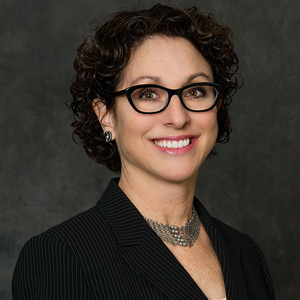 On the day of most people’s Bar/Bat Mitzvah celebration, it’s normal—and even expected—for nerves to run wild as the ceremony draws closer. But when Diane Silverberg’s special day arrived, a strong sense of calmness and excitement enveloped the congregation at B’nai Tikvah in Deerfield, Illinois, as she walked to the bimah.
On the day of most people’s Bar/Bat Mitzvah celebration, it’s normal—and even expected—for nerves to run wild as the ceremony draws closer. But when Diane Silverberg’s special day arrived, a strong sense of calmness and excitement enveloped the congregation at B’nai Tikvah in Deerfield, Illinois, as she walked to the bimah.
Though nowadays it’s standard for girls to celebrate their coming of age with a Bat Mitzvah ceremony, it wasn’t so until the 1970s, when it first became popularized during the second wave of feminism and movement toward gender equality. To Diane, who was 46 years old at the time of her ceremony, having her Bat Mitzvah later in life not only made the experience more meaningful, but also drew her even closer to Judaism.
“Because I didn’t have a Bat Mitzvah at 12, I really chose to learn Hebrew later in life, which for me, was when I was a junior and senior in college,” Diane says. “I truly wanted to understand Hebrew and the rules of grammar instead of just going through the motions—as may be the case for some kids, but by no means all—because it was expected of me and an understood rite of passage.”
“Looking back on my life at the time,” Diane adds, “I was swimming competitively and taking both flute and piano lessons, on top of school. I imagine I would have been a bit resentful of the time I was spending away from the things I loved if I would have had my Bat Mitzvah earlier in life.”
As an adult, Diane was fully invested in every detail of the ceremony, from making sure every word was pronounced properly to the melody of the chanting. “I found chanting Torah akin to ‘Jewish yoga,’ so I made it a priority to concentrate very hard to understand what I was saying so that I could imbue the chanting with proper inflection—just as I would if I was reading English aloud,” she says. “I definitely didn’t want chanting Torah to be just rote memorization of disconnected sounds.”
Diane took adult B’nai Mitzvah classes at her synagogue alongside five other students, including a woman who was almost 90. Also in the class was one of Diane’s dear friends, who had just lost her husband. “My friend was a Jewish convert and was still processing the sudden death of her husband,” she says. “I was so glad to go through this journey with her and to tie up any loose ends from never having a Bat Mitzvah myself.”
Because she grew up a musician, Diane wanted to work closely with Cantor Rachel Rosenberg leading up to the ceremony to ensure each melody was perfect for her big day. “I’m sure I drove her crazy because, as a former musician, I was very keen on making sure I was getting the exact melody and the exact rhythm of the cantillation,” she says. “I would transcribe each symbol into musical form and would use them as flashcards. If I heard the slightest change in how Cantor Rosenberg sang something, I would have my hand up, asking if those were triplets or 16th notes I just heard. I came to learn in time that the length of words, accents and confidence affected how faithfully the trope’s accents were followed.”
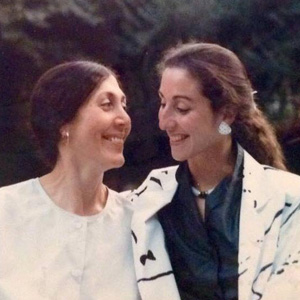
together at their local synagogue and at
local nursing homes.
Diane wasn’t the first in her family to become an adult B’nai Mitzvah, however. Her late mother, Bernice, had her Bat Mitzvah later in life, too, before becoming the designated reader during the High Holidays at her family’s synagogue. “I’ve always been very close to my mom, who passed away at 66, so she was very inspirational in me having my special day,” Diane says. “Chanting Torah really helped connect me to her and throughout the ceremony, I thought a lot about her and hoped she would have been proud of my reading.”
With her son and daughter proudly in attendance, the ceremony couldn’t have been more perfect. “I can’t say enough good things about the experience,” she says. “Aside from tying yourself to your history and family traditions, it’s an event that connects you to your kids and even your grandkids. They get to enjoy encouraging you just as you did for them. I actually was able to chant at my son’s Bar Mitzvah with my entire family and I know he really appreciated it.”
To read about adult B’nai Mitzvah and the power of ritual, click here.
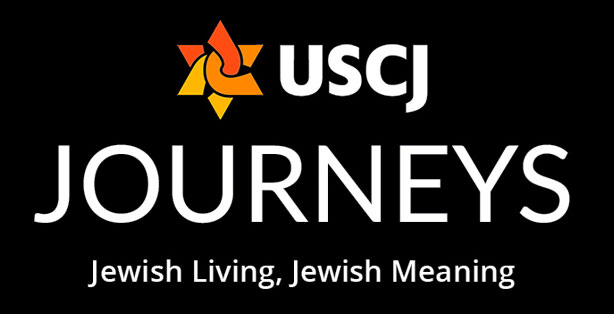
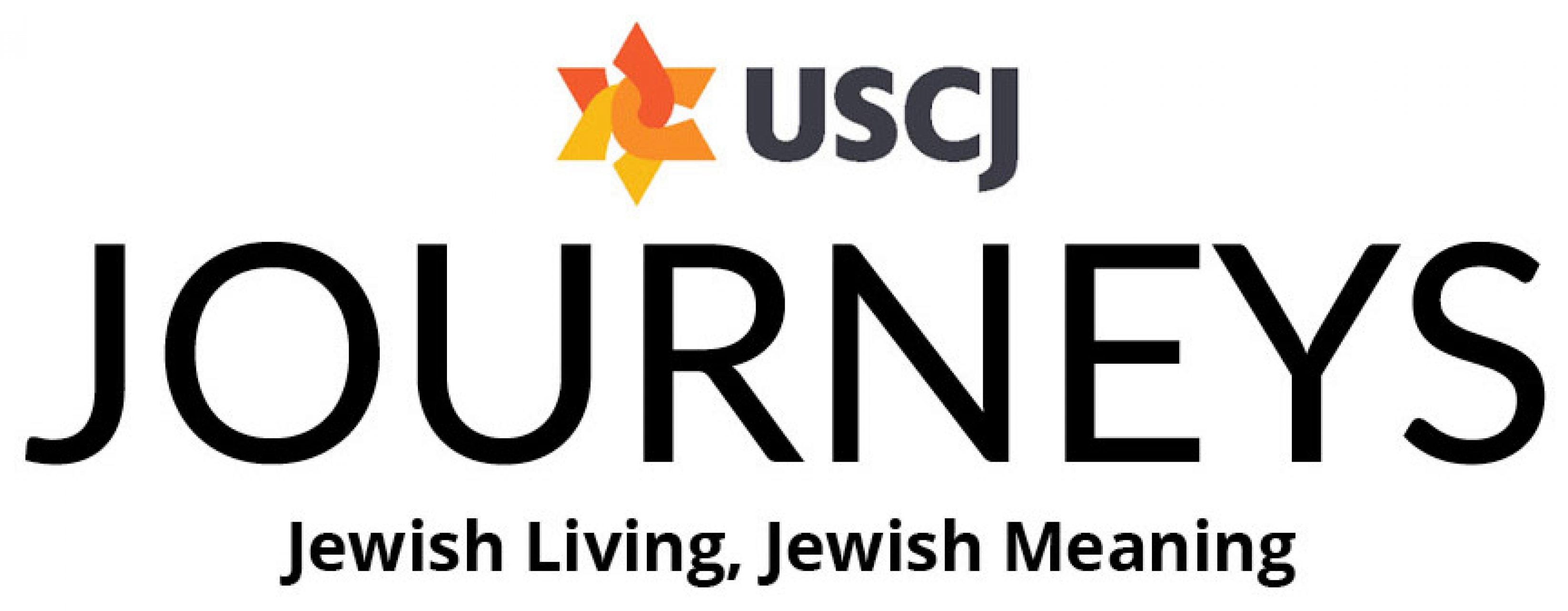
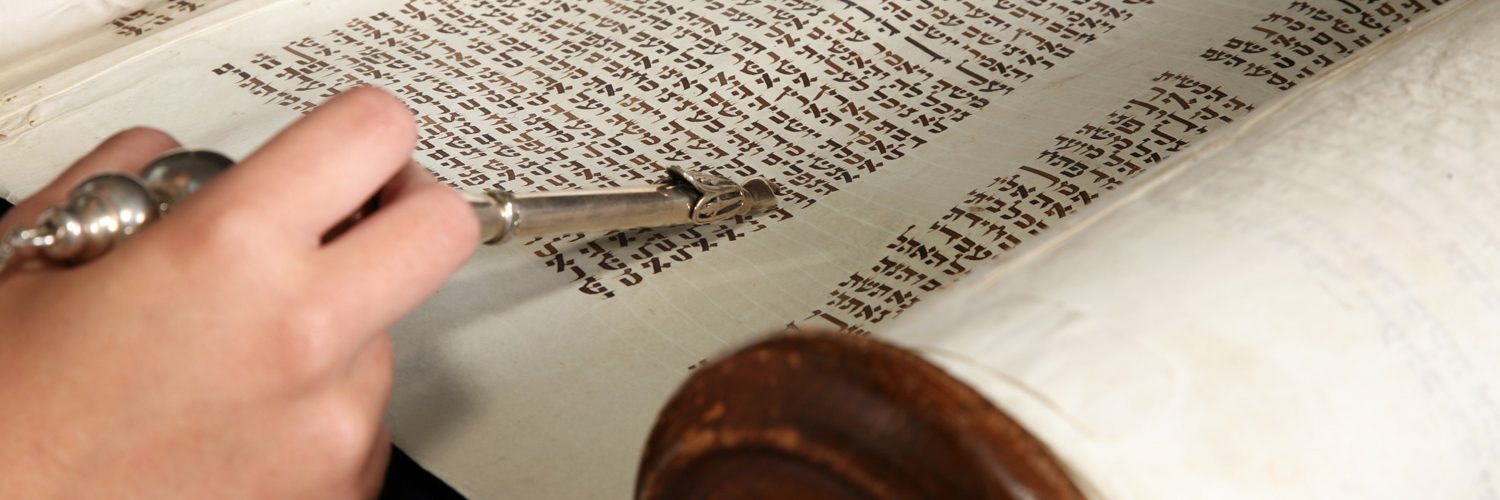

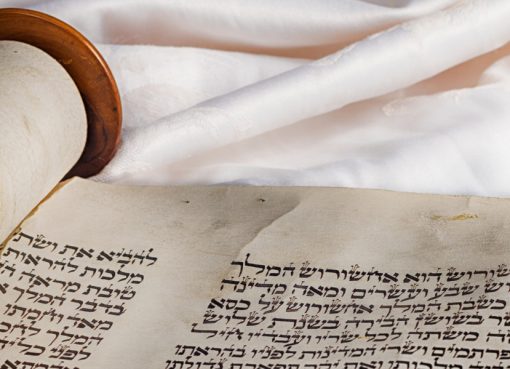

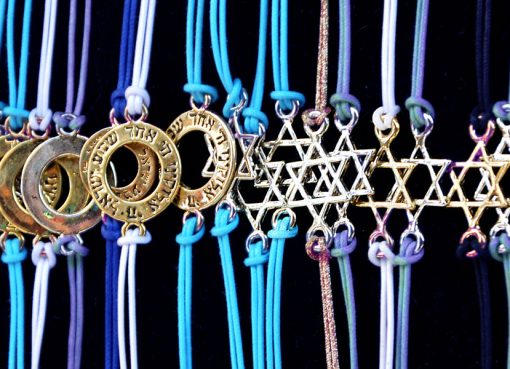

Comment here